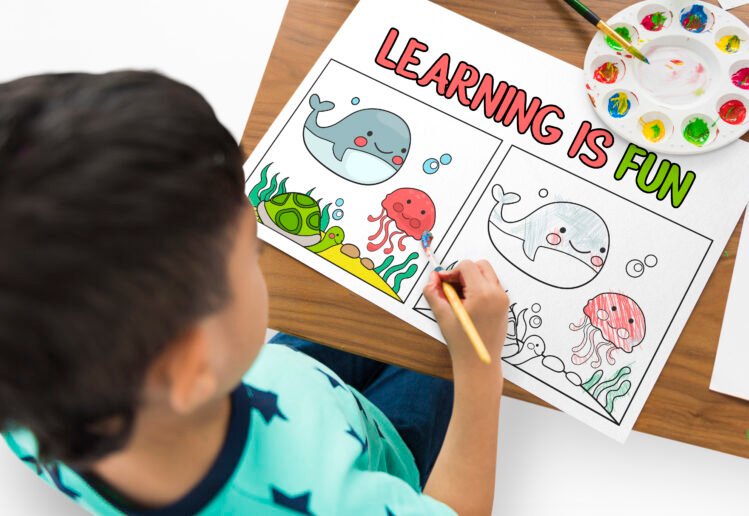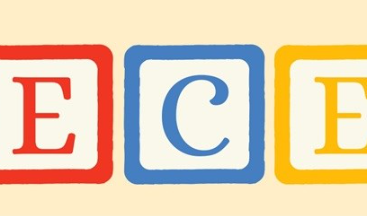Understanding early child development is super important for anyone working with kids or just curious about how humans grow. It’s the foundation for how we learn, behave, and stay healthy throughout life. Early childhood—between birth and about five years old—is a time of really rapid growth. Kids develop in a few key areas: physically, socially, emotionally, in language, and cognitively (which just means thinking and learning). All these areas are connected and influence each other.
For example, when a toddler learns to walk (physical development), they’re not just gaining a new skill—they’re also opening up new opportunities to explore, which helps their cognitive development. Or think about language: when kids start talking, it doesn’t just help them communicate, it also boosts their social skills because they can interact better with the people around them.
Children develop at their own pace, but there are general milestones that help us keep track of what’s typical for their age. For instance, most babies start crawling around 9 months and saying their first words around 12 months. But it’s important to remember these milestones are just guidelines—not strict rules—because every child is unique.
It’s not just biology that affects development, though. The environment a child grows up in, their family dynamics, and even their culture all play a huge role in how they grow. For instance, some cultures place a strong focus on group play and cooperation, which can help children develop strong social skills early on. And when kids are in a loving, supportive home, they tend to thrive emotionally, which impacts how they learn and interact with others.
By recognizing how all these factors work together, parents, caregivers, and teachers can better support children’s growth. Whether it’s creating a safe and stimulating environment or offering the right kind of encouragement, understanding these basics can make a big difference in helping children grow up healthy and happy.












